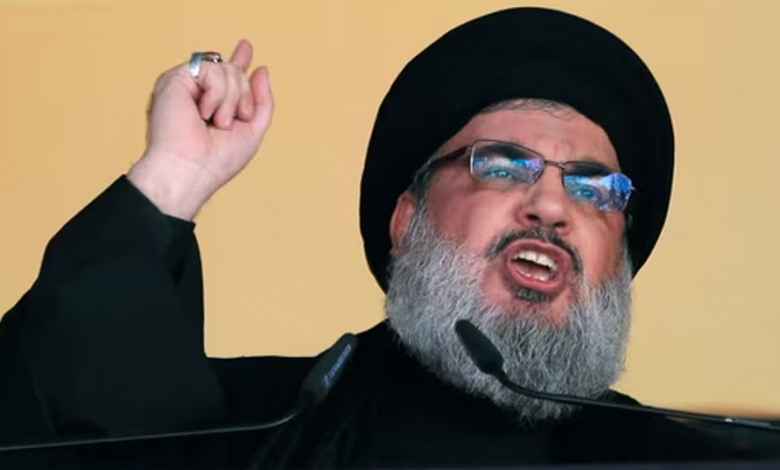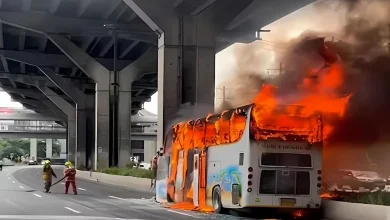Hezbollah Chief Hassan Nasrallah Killed in Lebanon’s Beirut Airstrike, Confirms Israeli Military

Beirut, Lebanon — In a significant escalation of tensions in the Middle East, Hezbollah’s leader Hassan Nasrallah was killed in a targeted Israeli airstrike in Beirut, the Israeli military confirmed early today. The airstrike, part of Israel’s ongoing military operations in Lebanon, marks a pivotal moment in the longstanding conflict between Israel and Hezbollah.
The attack occurred late last night in a southern district of Beirut, a known stronghold of Hezbollah. Initial reports suggest that Nasrallah was in a heavily fortified bunker when the airstrike hit. Hezbollah’s security forces were quick to respond, cordoning off the area, but confirmed reports of Nasrallah’s death emerged early this morning.
The Israeli Defense Forces (IDF) released a brief statement confirming the successful execution of the airstrike, stating: “The IDF has eliminated Hassan Nasrallah in a precision strike as part of our ongoing efforts to neutralize terrorist threats from Hezbollah.”
Nasrallah, who has led Hezbollah since 1992, was considered one of the most influential and powerful figures in Lebanon, often referred to as the face of Hezbollah’s military resistance against Israel. Under his leadership, Hezbollah became a major political and military force in Lebanon and the broader Middle East.
In response to the airstrike, Hezbollah issued a strong condemnation, vowing retaliation. A spokesperson for the group declared, “The blood of our leader will not be spilled in vain. This is not the end of our resistance; this is a new beginning.”
The assassination of Nasrallah is expected to have far-reaching consequences across the region, potentially igniting further clashes between Hezbollah and Israel. Already, tensions have risen along the Israel-Lebanon border, with both sides on high alert for potential retaliation.
This incident comes amid an already volatile situation in the Middle East, where Israel and Hezbollah have frequently clashed. International observers fear that this development could escalate into a broader regional conflict, drawing in other actors from Syria and Iran, both of which have ties to Hezbollah.
As the world watches with concern, diplomatic efforts are likely to intensify in the coming days to prevent further bloodshed. The United Nations has called for restraint from both parties, urging them to avoid actions that could trigger a full-scale war.
Nasrallah’s death marks the end of an era for Hezbollah, which now faces the challenge of leadership transition in a time of heightened instability. While his successor remains unclear, the group’s next steps could define the future of Lebanese politics and the broader geopolitical landscape in the Middle East.





